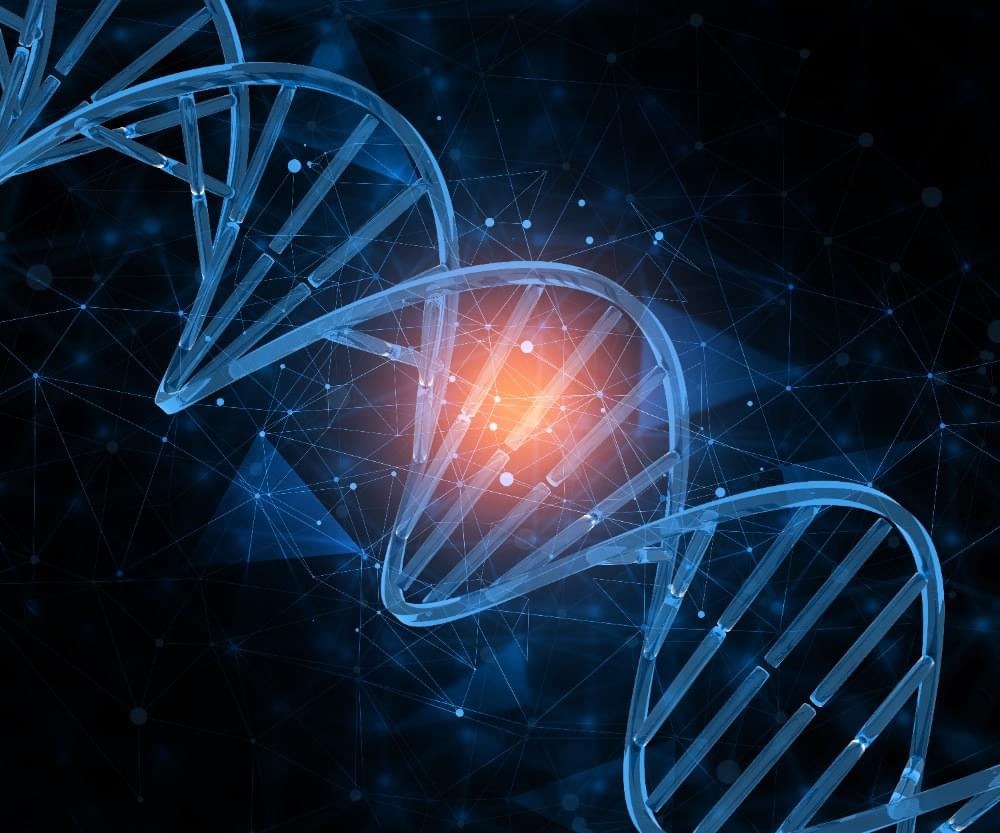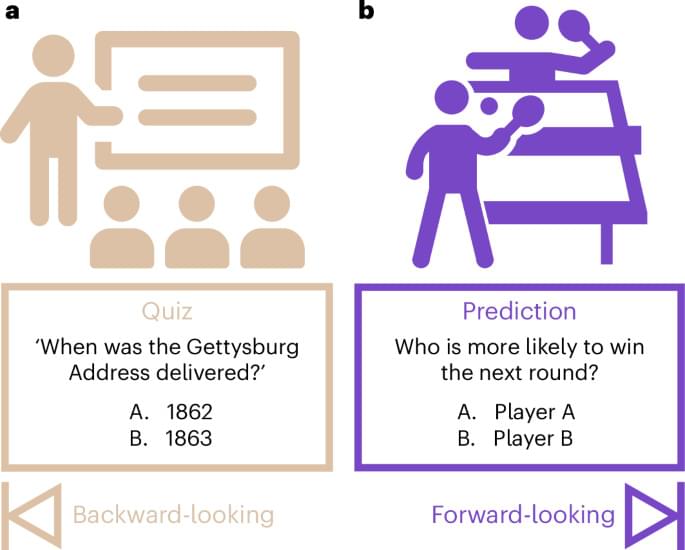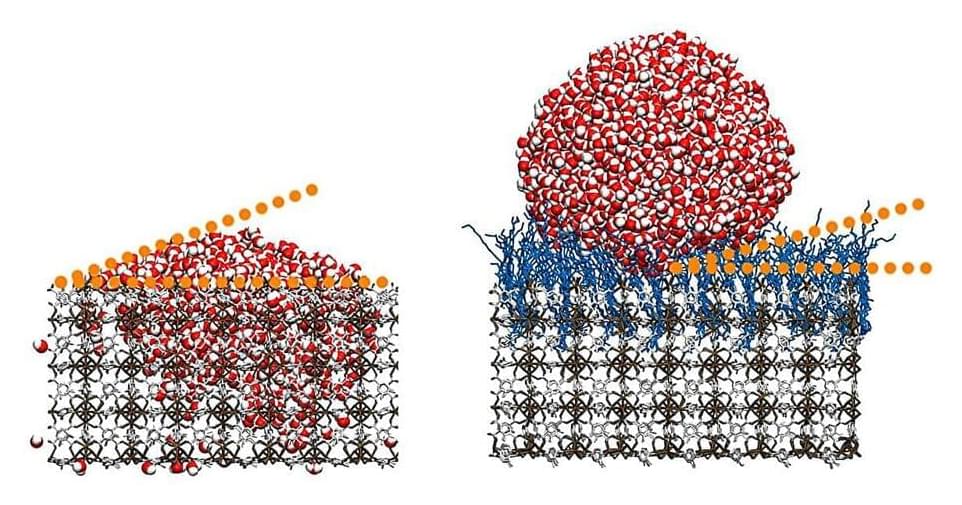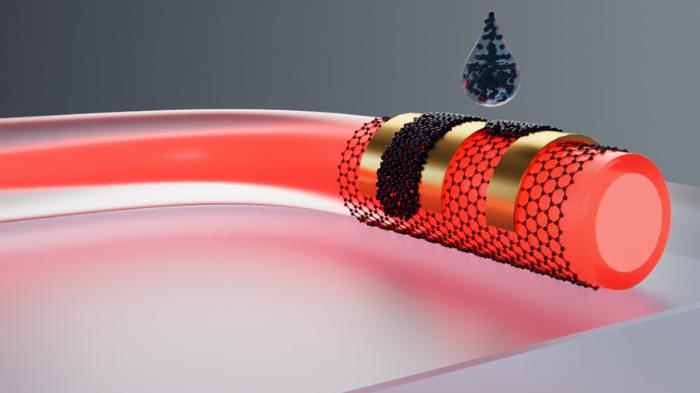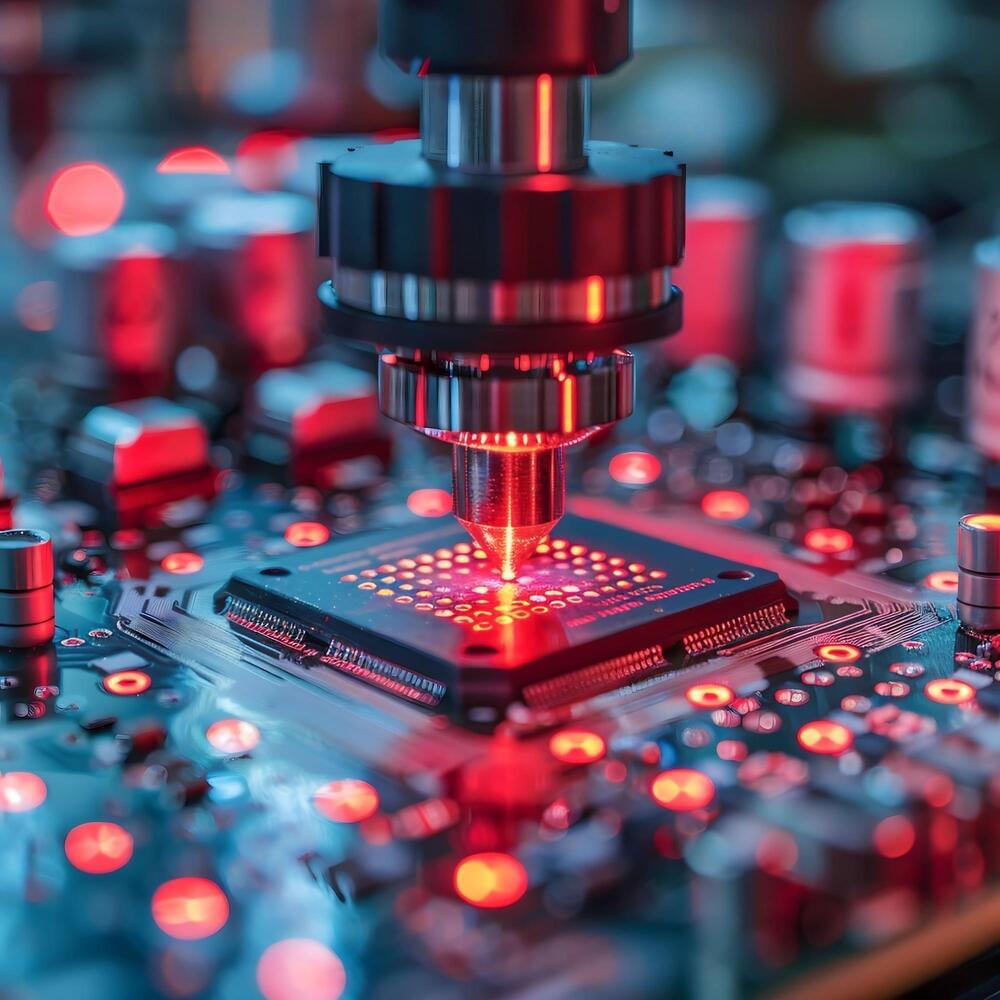University of Central Florida (UCF) researcher Debashis Chanda, a professor at UCF’s NanoScience Technology Center, has developed a new technique to detect long wave infrared (LWIR) photons of different wavelengths or “colors.”
The research was recently published in Nano Letters.
The new detection and imaging technique will have applications in analyzing materials by their spectral properties, or spectroscopic imaging, as well as thermal imaging applications.


